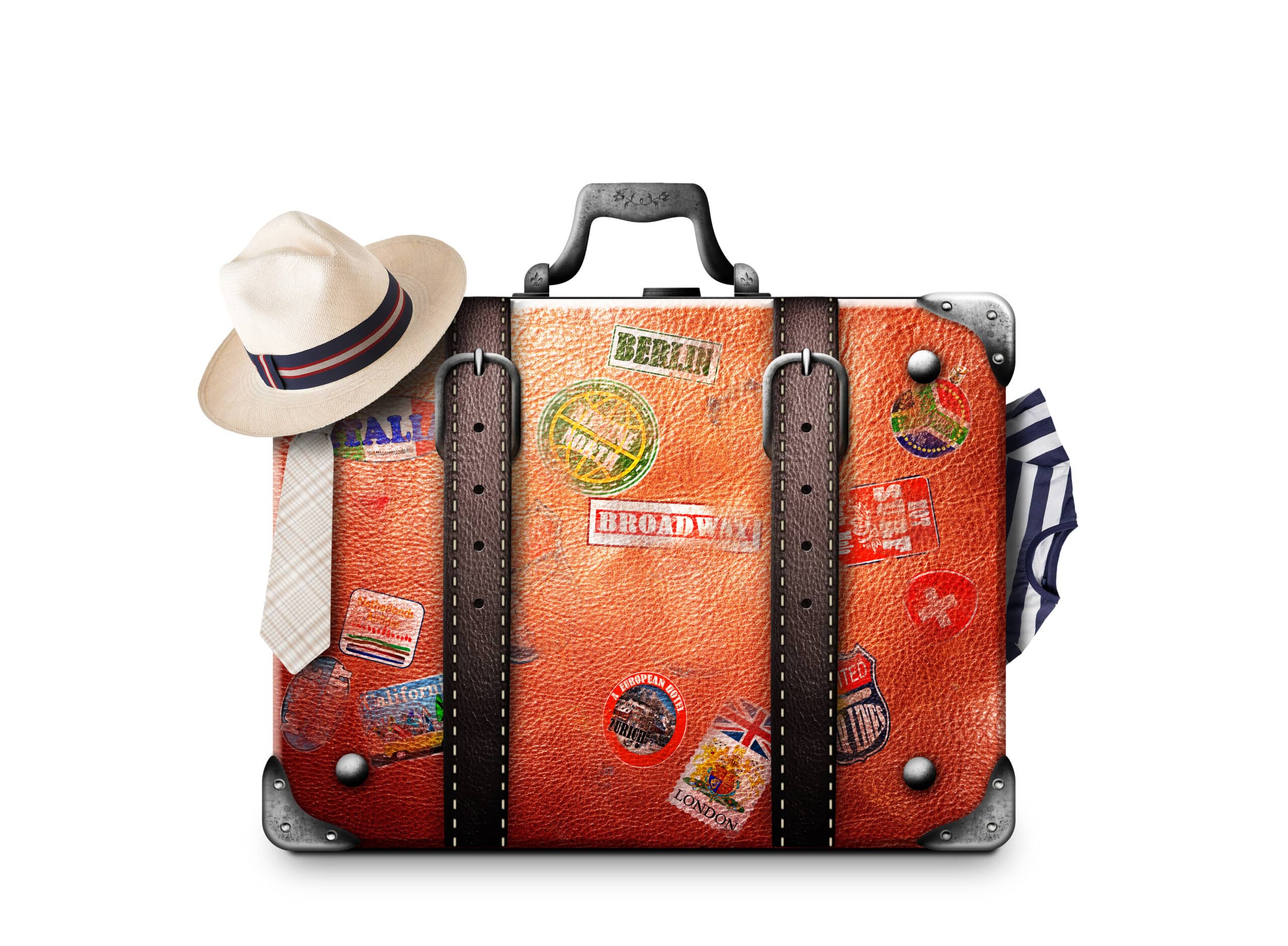Technology improves every aspect of travel.
60% of all travel-related searches begin on a mobile device according to MobileMarketing, a specialist in the delivery of mobile marketing. The ubiquity of smartphones makes travel research and experiences much easier. With mobile apps and websites, people can quickly shop for the best flights at the lowest prices. Most airlines offer mobile check-in and tickets, eliminating the need for paper tickets.
Using filtering criteria, travel websites search thousands of destinations and arrangements to find the perfect fit in minutes. Online reviews provide a better understanding of different travel destinations and accommodations. Nielsen Media Research reports 92% of consumers trust recommendations over all other forms of advertising.
Even at arrival, mobile apps can help improve your experience. Apps such as Firef.ly tailor travel recommendations based on the user’s personal interests, budget, etc. Some apps show users the best restaurants, historical sites, and tourist attractions. Itineraries are easily accessible down to step-by-step directions. Wi-Fi hotspots are readily available when traveling, making it easy and free to stay connected through calls, texts, emails and more.
Social media fuels tourism. Travelers often document their experiences on platforms such as Instagram and Facebook. This is free advertising for travel destinations. Seeing a post from a friend on vacation may lead someone to indulge in research about that place. According to National Geographic, “in 2015, the tourism board of the small alpine town of Wanaka, New Zealand, began inviting and hosting “influencers”—social media trendsetters with large followings—to post about their adventures.” This led to a 14% increase in tourism.
The accommodation industry has changed. Many travelers opt to rent a house or apartment instead of staying in a hotel. Hotels adjust their strategy to compete. Many give their customers a more personalized experience. Hotels today analyze online and offline data to provide guests with the most personalized experience possible. Technology may be entering the field, but a good personal touch remains essential.
The travel industry is focusing on millennials. This generation would rather spend their money on experiences than material goods. According to AARP, millennials are 23% more likely to travel than older generations. Growing up in a world of social media, millennials often travel for the sake of capturing an Instagram photo or bragging rights on Twitter.
Millennials, when traveling, want a different experience than past generations. Millennials do not want to do all the “touristy” things, but instead, want to experience everyday life in their destination. This means eating at local restaurants and bars, going to lesser-known attractions, etc. Many millennials even decide to rent a house, or apartment instead of a hotel to make them feel part of the local community.
There has been an increase in business travel in the past couple of years. Business travel is more important than ever to building strong customer relationships. Many millennials do not have much responsibility at home (kids, family, etc.), allowing them to take longer trips. They are more likely to extend their business trips into leisure trips than any other generation.
The biggest impact technology has made to improve traveling is save time. When traveling, you want to take advantage of every single bit of time you have. Mobile apps, websites, and more have simplified and personalized the traveling industry as a whole.

